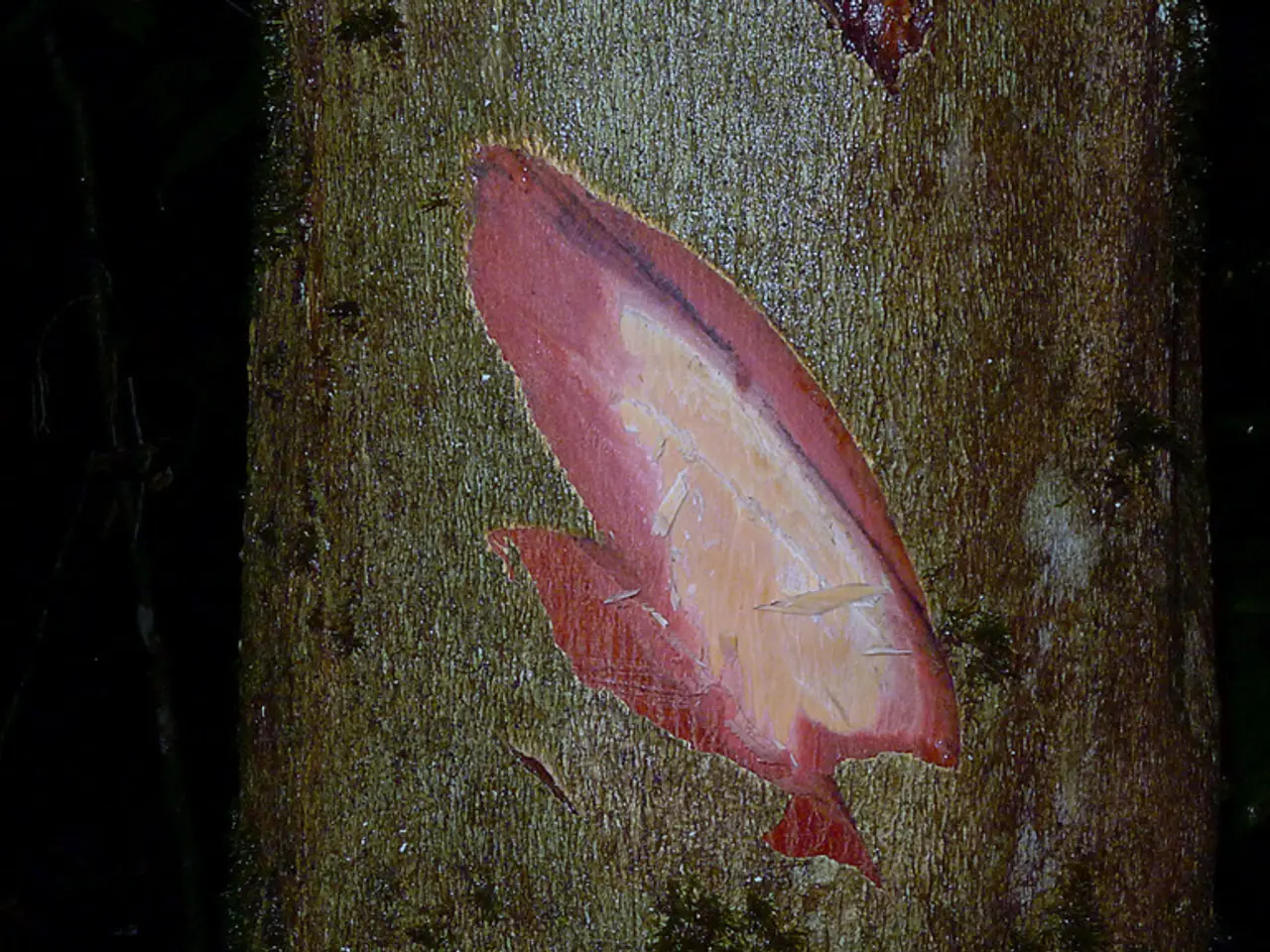Financial Boost of $4.5 Million Accelerates Research in Utilizing Stem Cells for Neurological Disease Treatment
University of Rochester Medical Center's Goldman Lab Advances Stem Cell Research for Neurological Diseases
The University of Rochester Medical Center's lab, led by Dr. Jeffrey Goldman, continues to make strides in the field of stem cell research, particularly in the treatment of multiple sclerosis (MS), Huntington's disease (HD), and pediatric leukodystrophies.
Goldman's team's recent projects are funded by a mix of private and government sources, including the National Institutes of Health, Biogen Idec, the CHDI Foundation, and the Hereditary Disease Foundation. The funding is intended to further research on using stem cells and related molecules to treat these conditions.
In the case of MS, Goldman's team is working on a project to use stem cells derived from human skin cells as a source for treating patients. The research aims to predict the effects of transplanting these cells into patients with MS, with the ultimate goal of slowing the progression of the disease.
For HD, the lab receives a $1.34 million grant from the CHDI Foundation to explore the use of astrocytes to improve the condition of mice with the disease. The goal is to prevent the death of medium spiny neurons in patients with HD using astrocytes derived from stem cells.
In the realm of pediatric leukodystrophies, the lab has had unprecedented success using stem cells to extend the lifespan of mice with the condition and hopes to begin clinical trials in children within the next few years.
A separate project, funded by $670,000 from Biogen Idec, focuses on using mice with human myelin to study progressive multifocal leukoencephalopathy, a rare brain disease affecting immunosuppressed individuals.
Goldman's team also receives a $1.7 million grant from the National Institutes of Health for a project to create mice with human oligodendrocytes and human myelin in their brains to study damage similar to that in MS patients.
The lab's research on myelin repair is closely linked to its work on pediatric leukodystrophies, a group of fatal children's disorders in which myelin breaks down. The team aims to learn how to regenerate new myelin from progenitor cells that reside in the brain through this project.
In addition to these projects, Martha Windrem in the Goldman laboratory establishes mice infected by the virus that causes progressive multifocal leukoencephalopathy, opening up new possibilities to learn about the disorder.
The research led by Goldman is focused on understanding the molecular cues that direct the actions of stem cells, progenitor cells, and pluripotent cells. The lab has deciphered many of these molecular steps necessary to develop stem cells derived from skin cells into oligodendrocytes, the type of brain cell that creates myelin in the brain.
The team has been awarded $770,000 from the National MS Society to better define how these cells respond to demyelination in the brain, as occurs in MS.
Current progress in using stem cells for neurological diseases such as MS, HD, and pediatric leukodystrophies involves promising but still largely experimental approaches showing potential for improving symptoms, modulating immune response, and supporting neural repair. While stem cell therapies have not yet become standard clinical practice for these diseases, they represent a hopeful avenue that is moving closer to clinical translation through Goldman's and others' efforts.
- The University of Rochester Medical Center's lab, with a focus on multiple sclerosis (MS), is conducting clinical trials using stem cells derived from human skin cells as a potential treatment.
- The Goldman lab is investigating the use of astrocytes derived from stem cells to prevent the death of medium spiny neurons in mice with Huntington's disease (HD), a type of science exploring health-and-wellness and neurological disorders.
- The team's research on myelin repair and pediatric leukodystrophies is aimed at learning how to regenerate new myelin from progenitor cells, which could be a significant advancement in therapies-and-treatments for these medical-conditions.
- Goldman's lab is working on a project funded by the National MS Society to better understand how stem cells respond to demyelination in the brain, a key step toward the clinical application of such cells in treating MS.




